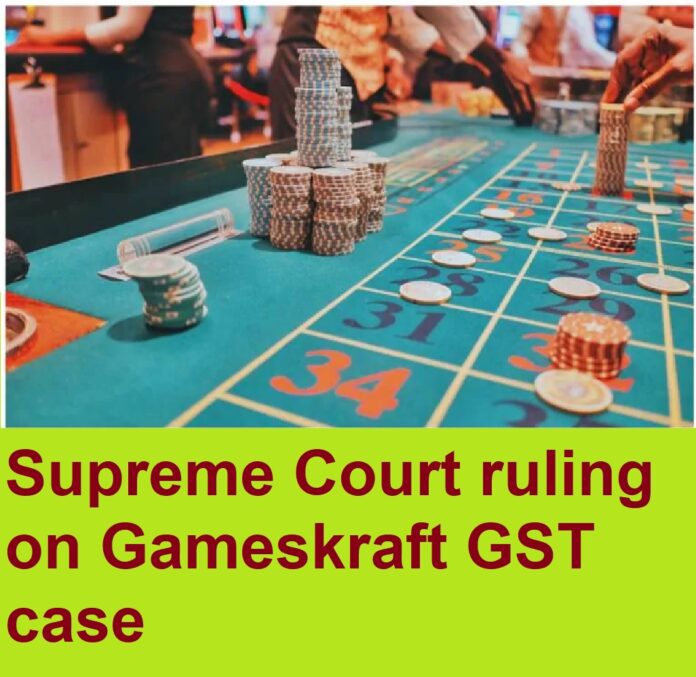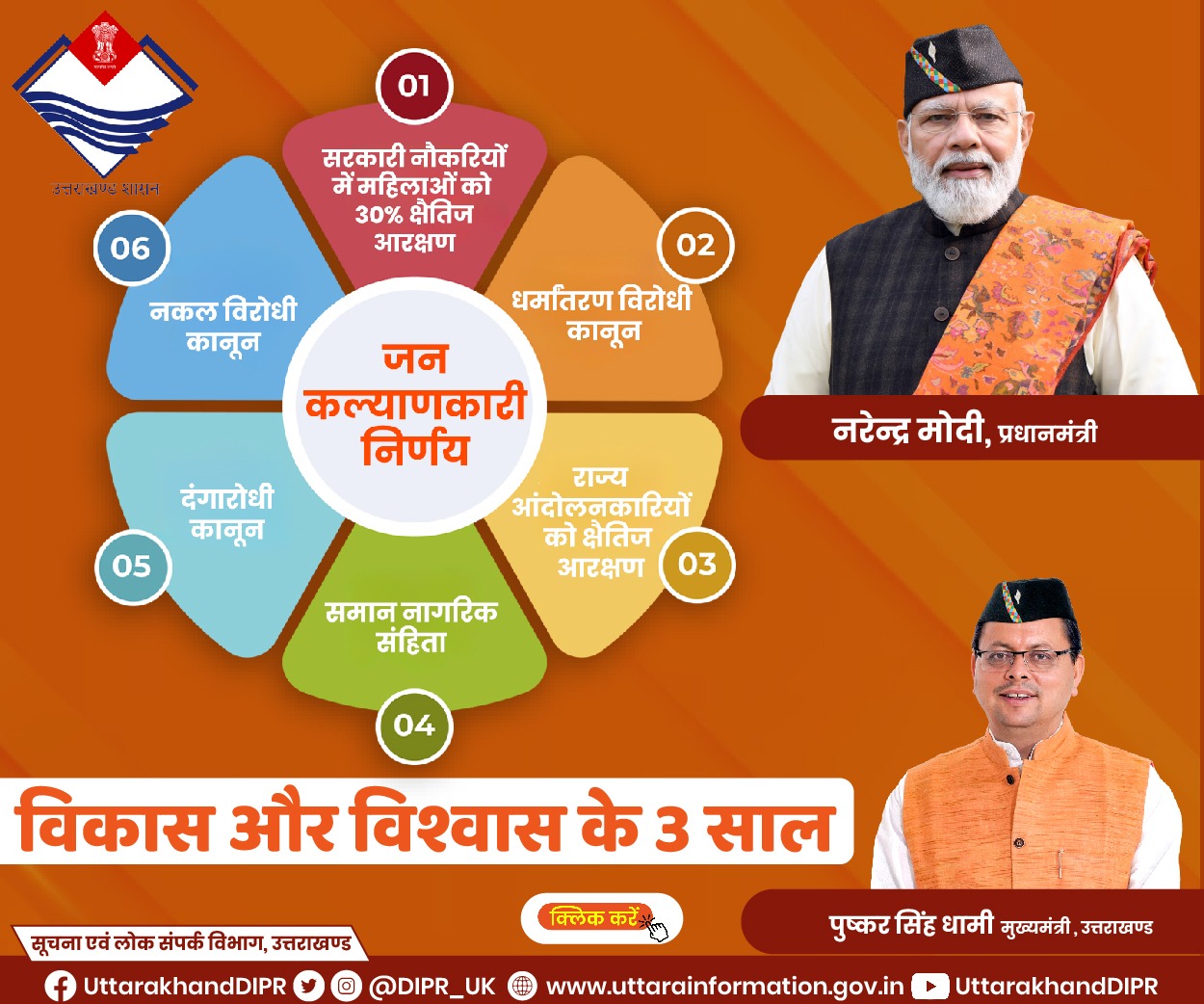If the Supreme Court rules unfavorably, forcing companies to pay retroactive GST liabilities, the skill-based gaming sector, which would already pay greater GST, will suffer even more.
The ruling of the Karnataka High Court, which had invalidated the GST department’s show-cause notice to Gameskraft in May 2023, was recently put on hold by the Supreme Court.
Legal experts say that the fate of the retroactive GST liability for all real-money gaming companies would depend on the Supreme Court’s final ruling in the GST department’s alleged Rs 21,000 crore goods and services tax (GST) evasion case against skill gaming company, Gameskraft.
The skill-based gaming sector, which is already struggling under the GST Council’s recently imposed 28 percent GST regime, they claimed, might die if the top court issues an unfavorable verdict.
The Karnataka High Court’s decision to overturn the GST department’s show-cause notice to the Bengaluru-based skill gaming company in May 2023 was overturned, but the Supreme Court on September 6 put that decision on hold.
The largest allegation in the annals of indirect taxation, a GST intelligence unit said in the notice that the corporation had failed to pay Rs 21,000 crore in GST. The notification covered the years 2017 through June 30, 2022. In three weeks, the case will likely be heard for the last time by a court under the direction of Chief Justice of India D Y Chandrachud.
According to Jay Sayta, a technology and gaming lawyer, “the ghost of retrospective taxation for the online gaming industry has been revived.”
The Supreme Court’s ruling would have broad ramifications for the whole real-money gambling industry, according to Ankit Jain, Partner at Ved Jain & Associates.
“By deciding that “games of skill,” a category that includes a sizable portion of the gaming industry, could not be taxed under the (28 percent) GST, the Karnataka High Court previously established a type of standard. The GST department would have been subject to limitations on back-dated tax collections if this verdict had persisted after December 31, 2023, especially for transactions from FY 2018–19 and earlier, he said.
For Gameskraft specifically, the halt enables the GST department to restart its regular tax collecting practices. Most likely, Gameskraft would prepare to submit an appeal to the GST Appellate authority. Making a sizable pre-deposit of Rs 100 crore to the GST administration before to filing the appeal will be the immediate problem. For the business, this can represent a sizable financial burden, he continued.
Sayta pointed out that unless the ad-interim stay on the High Court orders is lifted or the Supreme Court procedures come to an end, the show cause notice proceedings against Gameskraft have been restarted. According to him, it is not yet apparent whether the department will pursue coercive measures against Gameskraft, such as blocking bank accounts and assets.
The Chief Justice made an oral statement during the hearing that the Supreme Court does not want any other High Court to abide by this directive. It has allowed the Directorate of Revenue Intelligence of GST to file a rebuttal to the case and asked Gameskraft to file their response.
The skill gaming industry groups and Gameskraft, according to Group General Counsel Joyjyoti Misra, will present their arguments to the Supreme Court in the upcoming weeks.
In a statement, he said, “We have complete faith in the courts and are convinced that the Supreme Court will once again reaffirm the settled law of over five decades and vindicate our and the industry’s stance.
According to legal experts, the Supreme Court’s temporary order may allow the GST department to issue tax demand orders to other skill-based gaming enterprises more quickly.
Additional Solicitor General (ASG) N Venkatraman contended that the GST department has suspended at least 35 separate show cause notices as a result of the Karnataka High Court’s ruling during the case hearing in the Supreme Court.
According to Abbas Jaorawala, Senior Director and Head of Direct Tax at Khaitan Legal Associates, the Supreme Court’s decision to stay the Karnataka High Court’s ruling appears to support the GST authorities’ claim that real-money online gaming, regardless of whether it is a game of skill or chance, supplies a claim that can be brought against betting/gambling.
“The SC decision in the case of Gameskraft will be critical to settle this issue,” he added. “The position of the GST authorities has been that the GST council decision is clarificatory, and not a prospective taxation policy.”
What claims are being made?
GST officials had charged Gameskraft in September 2022 with encouraging online betting through card, casual, and fantasy games like Rummy Culture, Gamezy, and Rummy Time. The officials said that Gameskraft was failing to send customers invoices.
So, the almost Rs 77,000 crore in wagering was subject to a tax of 28% by GST inspectors. The authorities claimed that GTPL engaged in betting by enabling its users to place bets in the form of monetary stakes on the results of card games conducted online.
They claimed that the gambling platform filed false or backdated invoices, which were discovered following a forensic review of the records. They also claimed that the business was pressuring its consumers to wager money because there was no way to get their money back once it had been deposited to the wallet.
Gameskraft had maintained at the time that its services qualified as skill-based gaming activities and only attracted 18 percent GST on the platform cost, which the business subtracted from the entry price paid by participants. According to the statement, the cost typically varied between 5 and 15 percent of the contest registration price, with the remaining funds going toward the prize pool for the players.
Regardless of whether it is a game of skill or chance, the GST Council opted to apply the top GST slab of 28 percent on the whole face value in July 2023. On August 2, it offered some respite by recommending that, in order to prevent double taxation, GST be applied to deposits rather than to each wager made.
Sanjay Malhotra, the Revenue Secretary, meanwhile, had stated that the GST rates for real-money gaming were always 28 percent on the full face value and that this change was merely clarifying.
The council, led by Nirmala Sitharaman, the minister of finance, has ordered all states to begin enforcing the new tax rates from October 1, 2023. Additionally, it consented to revisit this choice six months after it was made.
Bills to change the Central and Integrated GST legislation were introduced by Sitharaman on August 11, the final day of the Monsoon Session, and they were approved by the Lok Sabha and the Rajya Sabha. On August 19, President Droupadi Murmu also approved the revisions.
State GST rules in states like Haryana, Goa, and Arunachal Pradesh have since undergone similar revisions.
According to a recent FICCI-EY analysis, the real-money gaming segment contributed 77% of the Rs 13,500 crore in gaming sector revenues in India in 2022. According to the report, these revenues will increase to Rs 16,700 crore in 2023 and Rs 23,100 crore in 2025.



